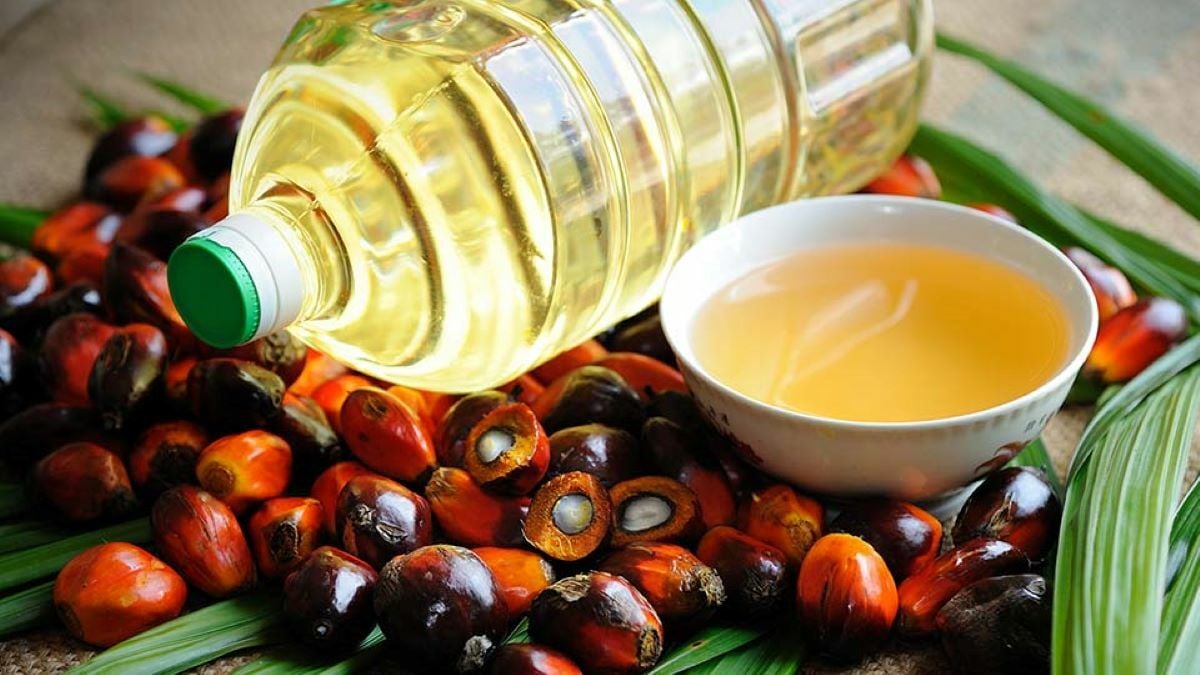Thailand steps up border monitoring due to palm oil smuggling

Thailand’s border officials have heightened surveillance along the Malaysian border to combat potential palm oil smuggling, as price differences between the two countries create incentives for illegal trade.
Internal Trade Department Director-General Udom Srisomsong directed commerce officials in Songkhla and Satun provinces to strengthen border checkpoint inspections. The Satun Public Relations Office confirmed that officials conducted thorough examinations of palm oil movements over the weekend, whilst random inspections are being carried out at retail outlets across the country.
The increased scrutiny comes amid rising palm oil prices in Thailand, driven by dry weather conditions affecting palm nut production. According to data from the Bank of Thailand and Prince of Songkhla University, palm nut prices have jumped from 5.6 baht per kilogramme to 8 to 9 baht in October.
This has pushed cooking palm oil prices to approximately 50 baht per litre bottle, marking an increase from the previous month.
The situation is particularly sensitive given the stark price difference between the two countries. In Malaysia, government-subsidised cooking palm oil sells for about 2.5 ringgit (roughly 20 baht) per bottle to support low-income households.
According to Malaysia’s The Sun newspaper, Azman Ismail, chief of Kelantan state’s Ministry of Domestic Trade and Cost of Living, noted that the same oil fetches up to 5 ringgit (39 baht) in Thailand, raising concerns about smuggling on both sides of the border.
Thai regulations require official approval for any palm oil transportation exceeding 25kg, with violations carrying severe penalties including fines of up to 100,000 baht and/or imprisonment for up to five years.
Meanwhile, the Commerce Ministry is working with wholesalers and retailers to maintain stable cooking oil prices for consumers, reported Bangkok Post.
In related news, the Commerce Ministry issued a call to edible oil processors, urging them not to increase retail prices, citing no rise in production costs. This follows reports indicating that soyabean oil producers are considering raising the price of bottled soyabean oil.
Latest Thailand News
Follow The Thaiger on Google News:


























